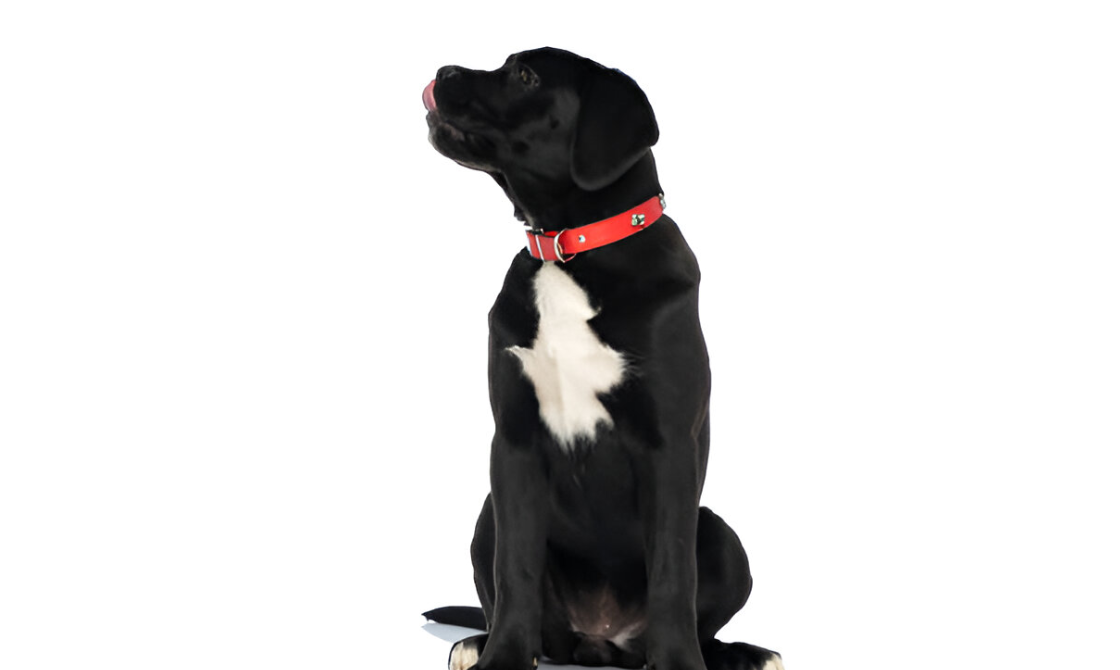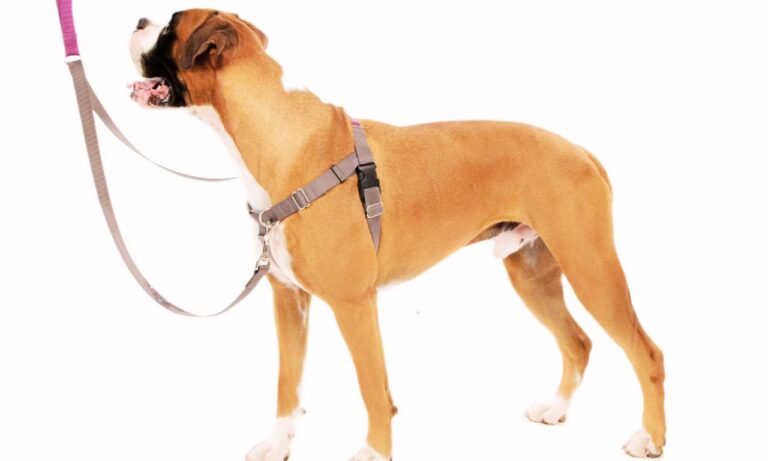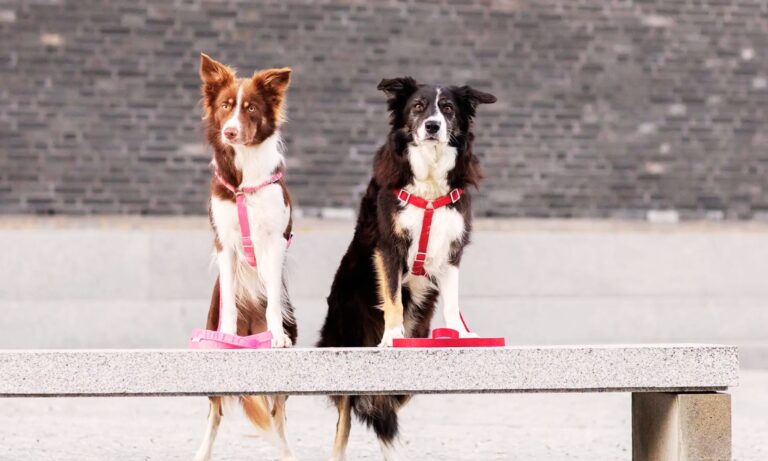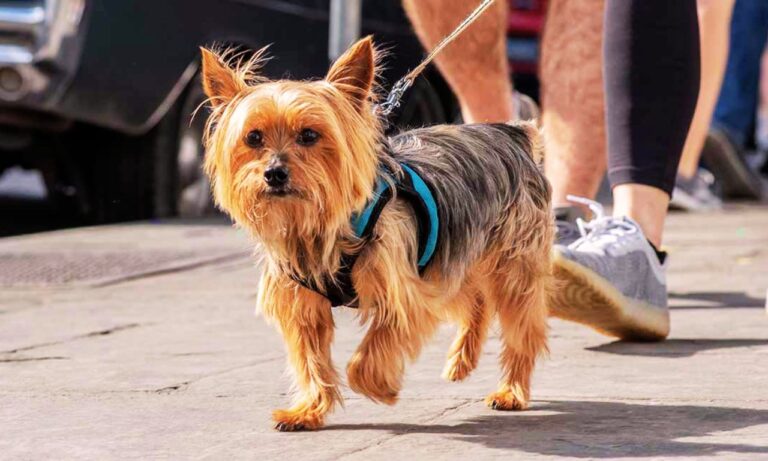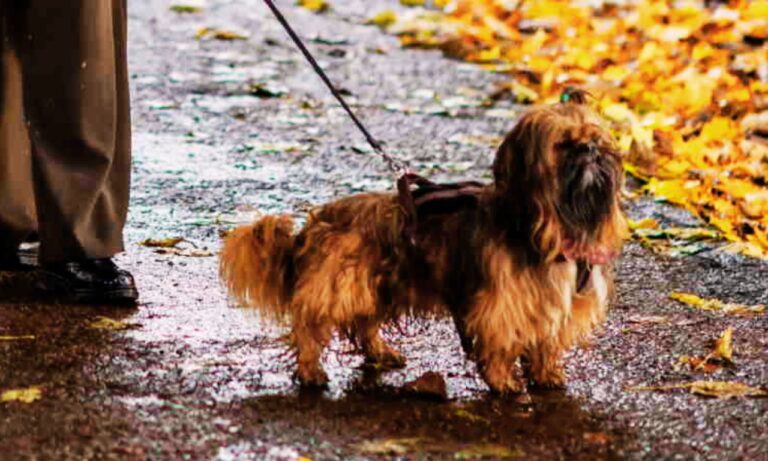Have you ever noticed your dog licking their collar and wondered why? Why do dogs lick their collars? Dogs may lick their collars for a variety of reasons, ranging from natural curiosity to discomfort. This article explores the possible reasons behind this behavior, when it may indicate an issue, and how to address it to ensure your dog’s comfort and well-being.
Learn more about the unique double-layered coat of an Anatolian Shepherd and how to care for it effectively.
Blog Highlights
ToggleWhy Do Dogs Lick Their Collars?
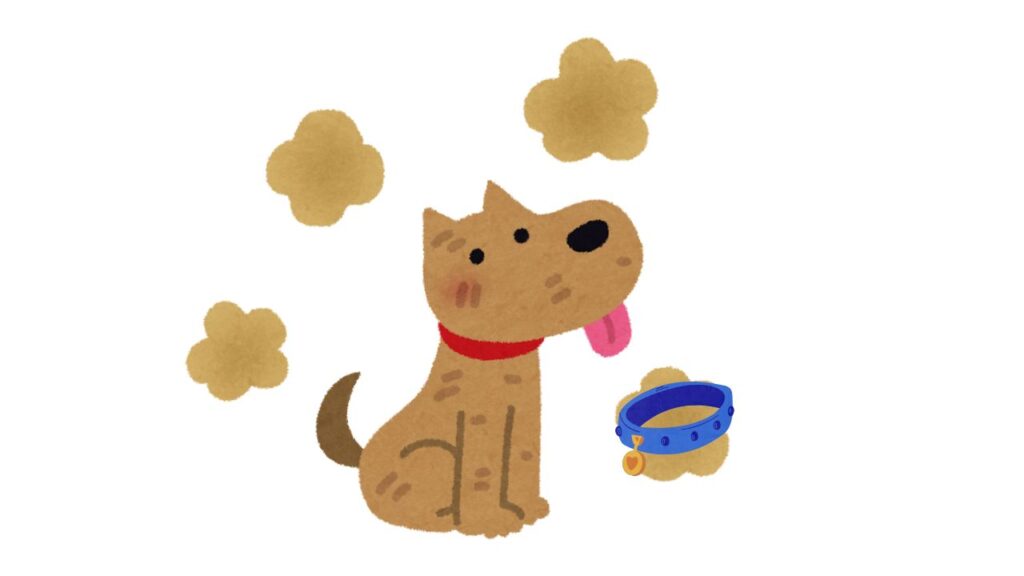
Dogs may lick their collars for several reasons, including residual scents, irritation, anxiety, or simply out of curiosity. Licking is a natural behavior in dogs, and they often use it to explore their surroundings.
However, excessive licking could indicate discomfort or an underlying issue with the collar, such as a poor fit, an allergic reaction, or accumulated dirt and odors. Observing your dog’s behavior and the condition of the collar can help you determine the cause.
For a comprehensive guide on what kind of harness is best for a Pomeranian, including comfort and safety tips, check out this article.
Possible Reasons Dogs Lick Their Collars
1. Residual Scents and Tastes
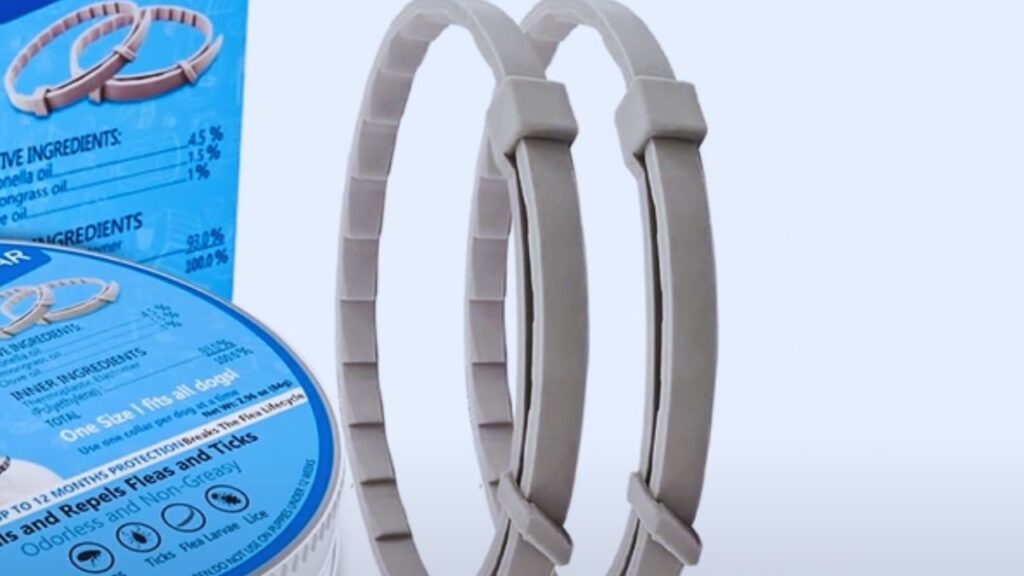
One of the most common reasons dogs lick their collars is that the collar retains various scents and tastes from their daily activities. Dogs have an acute sense of smell and may be drawn to lingering odors from food, sweat, or other dogs they’ve encountered.
- Example: If your dog wears their collar while eating, food particles may get trapped, making the collar more appealing to lick.
- Solution: Regularly clean the collar to remove any lingering scents or tastes that may attract your dog’s attention.
2. Discomfort or Skin Irritation
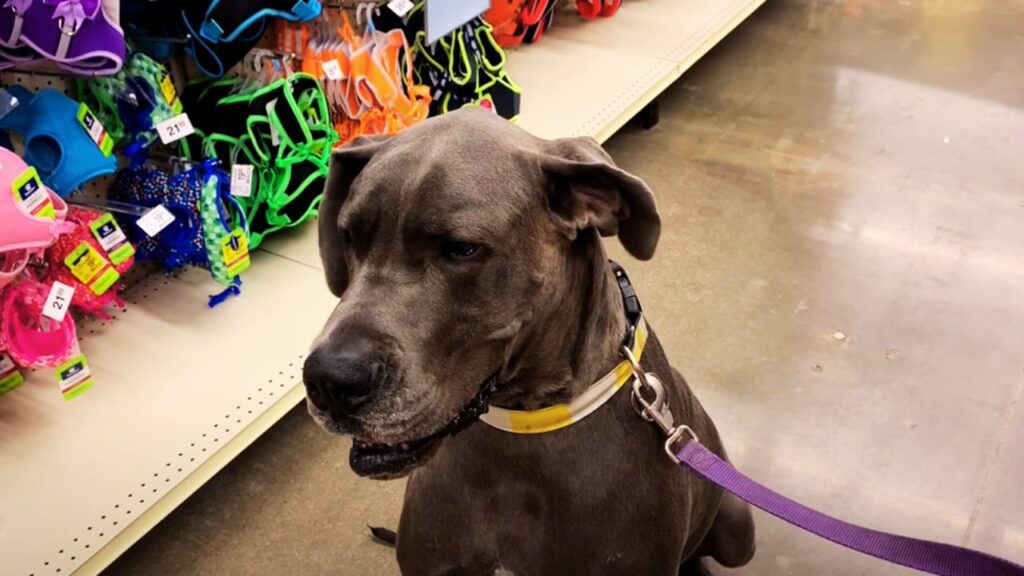
Dogs may lick their collars if the collar is causing them discomfort or irritation. A poorly fitting collar, rough material, or tightness can lead to chafing or irritation around the neck, prompting the dog to lick the area.
- Example: A collar that is too tight may rub against the skin, causing redness and making the dog want to lick for relief.
- Solution: Ensure the collar fits correctly, leaving enough room for two fingers to fit between the collar and the neck. Choose a soft, comfortable material for added comfort.
3. Anxiety or Stress
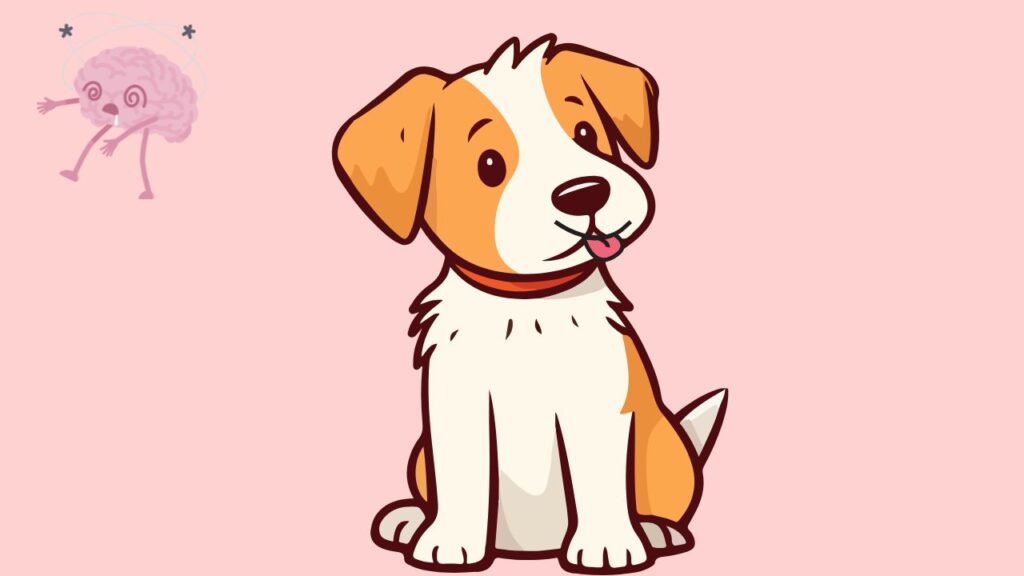
For some dogs, licking can be a soothing behavior to relieve anxiety or stress. Dogs with separation anxiety or general nervousness may focus their licking on their collar as a calming action, similar to how some dogs lick their paws or blankets.
- Example: A dog that becomes anxious when left alone may lick their collar as a way to self-soothe.
- Solution: If anxiety is the cause, consider calming strategies like positive reinforcement, calming aids, or consulting a veterinarian or behaviorist.
4. Curiosity or Boredom
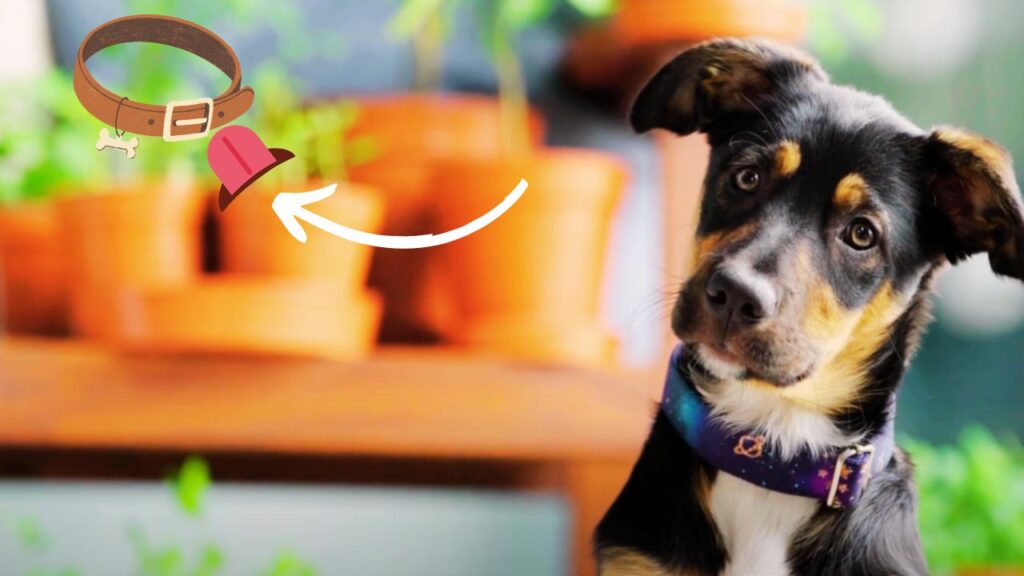
Dogs are naturally curious animals and may lick their collars out of boredom or interest in their own scent. Licking could be a way for them to explore an object that is constantly on their body and carries various smells from daily activities.
- Example: A dog left alone with minimal stimulation may start licking their collar as a way to pass the time.
- Solution: Provide plenty of toys, enrichment activities, and regular interaction to keep your dog mentally stimulated.
5. Habitual or Compulsive Behavior
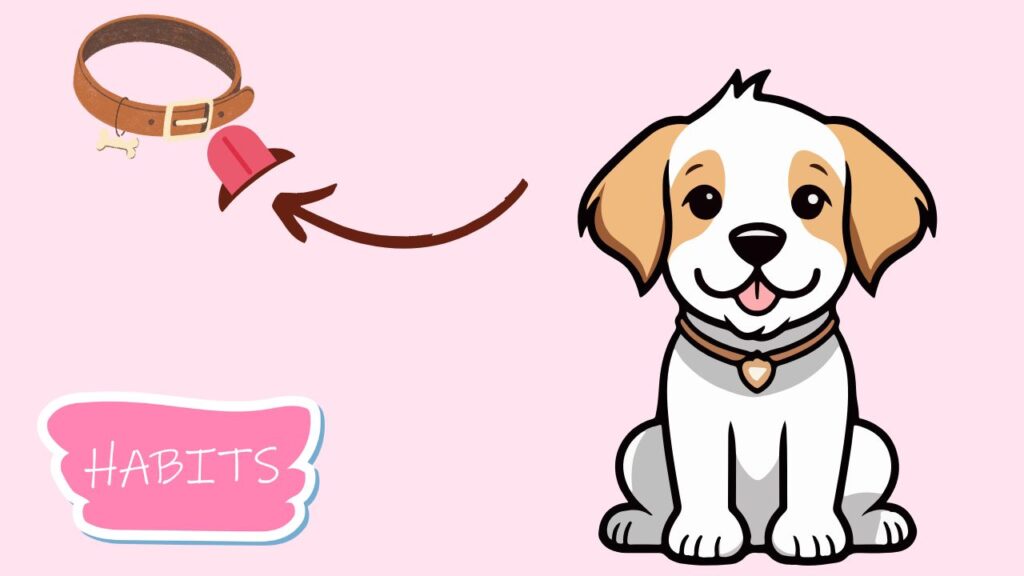
In some cases, dogs develop a habit or compulsive behavior of licking their collar. This may stem from a lack of stimulation, prolonged stress, or an established habit that provides comfort or distraction.
- Example: Dogs with obsessive-compulsive tendencies may develop habits such as excessive licking, including licking their collars.
- Solution: Redirect their behavior with toys or interactive play and consult a veterinarian if the licking becomes excessive or compulsive.
For insights on whether Pomeranians should wear a collar, including considerations for safety and alternatives, check out this informative article.
Comparison Table: Reasons Dogs Lick Their Collars
Table: Reasons Dogs Lick Their Collars and Suggested Solutions
Expert Insights on Collar-Licking Behavior
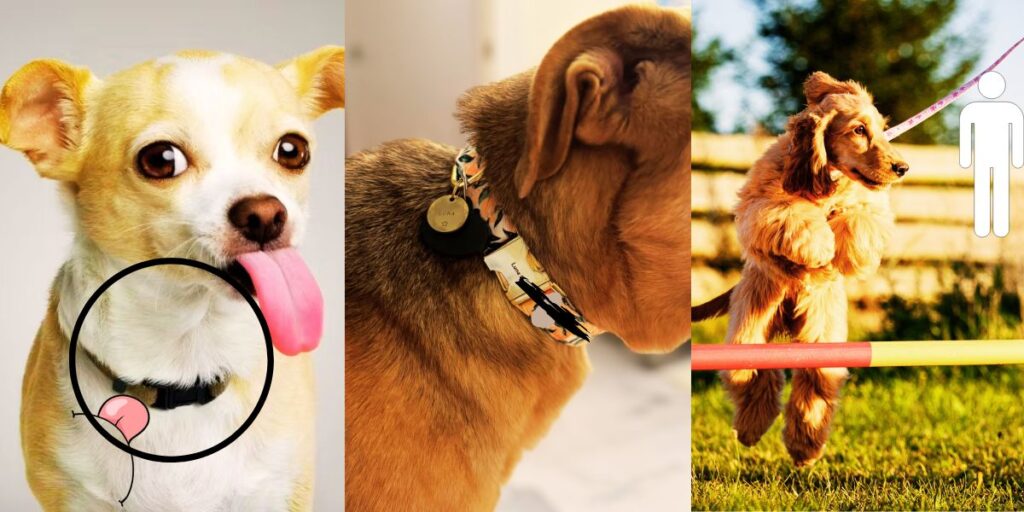
Veterinarians
Veterinarians suggest that collar-licking can often be linked to irritation or discomfort caused by an ill-fitting or dirty collar. They recommend checking the collar regularly for proper fit and any signs of wear that could be irritating the dog’s skin.
- Dr. Karen Becker, DVM: “If a dog is frequently licking their collar area, it’s essential to examine the collar’s fit and cleanliness. Skin irritation from friction or residue can easily cause this behavior.”
Animal Behaviorists
Animal behaviorists observe that collar-licking can sometimes be a stress-related behavior, especially in dogs with anxiety. They emphasize using collars made from comfortable materials and ensuring the collar isn’t a source of stress.
- Patricia McConnell, Ph.D., CAAB: “Dogs may engage in licking behaviors as a way to self-soothe when anxious. If you notice this behavior, try assessing whether the collar could be contributing to the dog’s stress or discomfort.”
Dog Trainers
Professional dog trainers suggest redirecting a dog’s attention if collar-licking becomes habitual. Engaging dogs in interactive play or offering toys can reduce boredom-related licking behaviors.
- Zak George, Dog Trainer: “Licking due to boredom can often be solved by providing mental and physical stimulation. Keeping the dog engaged in fun activities reduces the likelihood of them turning to their collar for entertainment.”
Tips for Managing and Preventing Collar-Licking
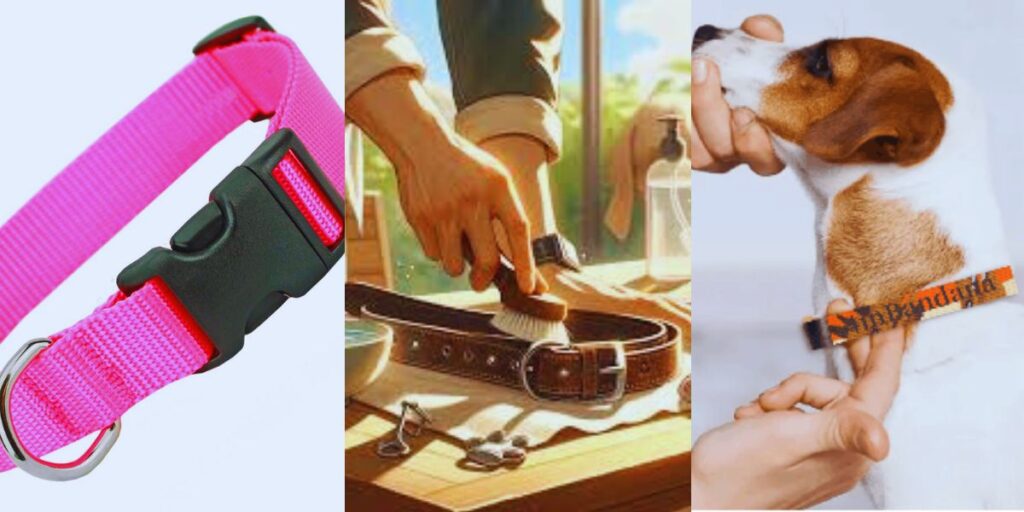
To help minimize collar-licking, here are some useful tips:
- Clean the Collar Regularly: Wash your dog’s collar every few weeks, especially if it’s exposed to dirt, water, or food particles. This helps eliminate any scents or residue that could attract your dog’s attention.
- Ensure Proper Fit: Make sure the collar is not too tight or too loose. Ideally, you should be able to fit two fingers comfortably between the collar and your dog’s neck.
- Choose Comfortable Materials: Opt for collars made from soft, non-irritating materials like nylon or padded leather, which are less likely to cause skin irritation.
- Provide Mental Enrichment: To address boredom, provide your dog with interactive toys, puzzles, and regular playtime to keep them entertained and prevent fixation on their collar.
- Monitor for Signs of Anxiety: If your dog’s collar-licking seems related to stress, consider calming products, positive reinforcement training, or consulting a veterinarian or behaviorist for advice.
Conclusion
Dogs lick their collars for various reasons, from exploring interesting scents to coping with discomfort or anxiety. While occasional collar-licking is generally harmless, frequent or excessive licking may signal an underlying issue with the collar’s fit, material, or cleanliness. Hope so, now you know the answer to: Why do dogs lick their collars?
Learn more about the unique double-layered coat of an Anatolian Shepherd and how to care for it effectively.
By understanding the reasons behind this behavior and taking simple steps like adjusting the fit, cleaning the collar, and providing stimulation, you can help your dog feel more comfortable and reduce their inclination to lick.
Final Recommendations
- Clean and Maintain the Collar: Keep the collar clean to reduce residual scents that may attract your dog.
- Ensure Proper Fit and Comfort: Check that the collar fits correctly and choose materials that are soft on the skin.
- Monitor for Stress or Anxiety: Observe your dog’s behavior for signs of stress and consider calming strategies if needed.
- Provide Enrichment and Redirection: Offer toys and activities to keep your dog mentally engaged and distracted from their collar.
- Consult a Professional if Necessary: If excessive licking persists, consult a veterinarian or behaviorist to identify potential underlying issues.
By understanding why your dog may be licking their collar and taking preventative steps, you can improve their comfort, reduce any stress, and promote healthier habits.
FAQs
1. Is it normal for dogs to lick their collars?
Yes, occasional licking is normal, especially if the collar has residual scents. However, frequent licking could indicate an issue with the collar or discomfort.
2. How often should I clean my dog’s collar?
Clean the collar every few weeks, or more often if your dog is frequently outdoors or around food. Regular cleaning helps reduce odors and dirt buildup.
3. What materials are best for reducing collar-licking?
Soft materials like nylon or padded leather are less likely to irritate your dog’s skin, making them good choices for sensitive dogs.
4. Should I be concerned if my dog licks their collar excessively?
Excessive licking can be a sign of discomfort, stress, or boredom. Check the collar’s fit, provide mental stimulation, and consult a vet if the behavior continues.
5. Can anxiety cause a dog to lick their collar?
Yes, dogs may lick as a way to self-soothe when anxious. If you suspect anxiety, consider calming products or consulting a professional for guidance.

